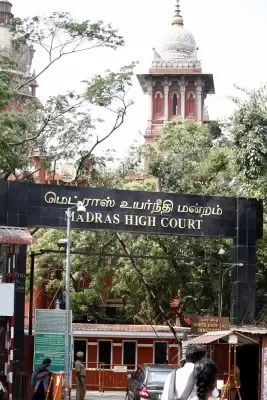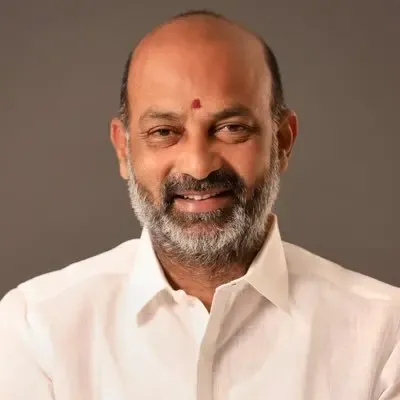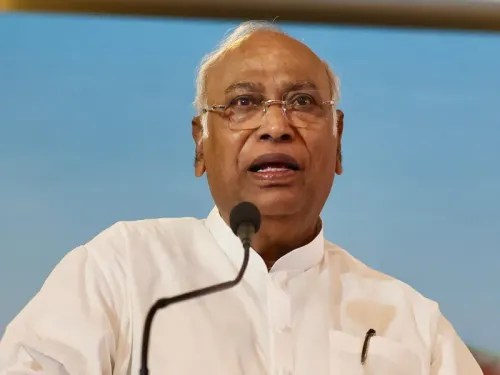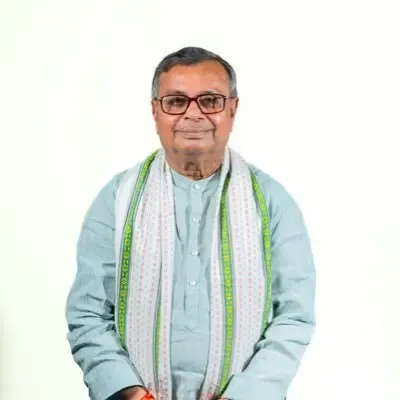Did the Madras HC Uphold the TN Govt's Night Ban and Aadhaar-based KYC for Online Real Money Games?

Synopsis
Key Takeaways
- Madras High Court upheld Tamil Nadu's gaming regulations.
- Night ban and Aadhaar-based KYC are now enforced.
- Public health considerations justified the restrictions.
- Challenges to privacy rights were dismissed.
- Tamil Nadu sets a precedent for online gaming regulations in India.
Chennai, June 3 (NationPress) The Madras High Court has validated significant regulations put forth by the Tamil Nadu government to mitigate the rampant usage of online real money gaming platforms. The court dismissed multiple petitions from online gaming firms and players who questioned the legality and constitutionality of these measures.
A Division Bench consisting of Justice S.M. Subramaniam and Justice K. Rajasekar ruled in favor of the state, asserting that the night ban and the Aadhaar-based Know Your Customer (KYC) verification requirements are “reasonable restrictions” aimed at safeguarding the health and welfare of citizens.
The court dismissed the petitioners’ claims that the new regulations violate the Right to Privacy.
It clarified that while the Right to Privacy is fundamental, it is not absolute and can be regulated for public health and order.
The petitions contested several aspects of the Tamil Nadu Prohibition of Online Gambling and Regulation of Online Games Act, 2022, along with related guidelines established in 2025 by the Tamil Nadu Online Gaming Authority.
Specifically, the challenge targeted Section 5(2), in conjunction with Section 14(1)(c) of the Act, and Regulation 4(iii) and 4(viii), which require Aadhaar-based KYC and limit access to real money games from midnight to 5 a.m.
Section 5(2) empowers the authority to impose restrictions related to time, money, and age for online games, as well as procedures for regulating their operation, while Section 14(1)(c) prevents non-local gaming providers from offering services that conflict with state regulations.
The regulations dictate that users must complete Aadhaar-based login verification, supplemented by a second layer of authentication through a one-time password (OTP) sent to the mobile number linked to their Aadhaar.
Additionally, the “blank hour” clause prohibits players from accessing real money games between 12 a.m. and 5 a.m. Gaming companies argued that the state was indirectly attempting to achieve what it previously failed to do directly—ban online rummy and other real money games—by masking prohibitive measures as regulatory controls.
They further contended that the Centre’s Information Technology Act comprehensively regulates online gaming, leaving no space for state-level oversight in this domain.
However, the High Court disagreed, supporting the state’s legislative authority, asserting that the measures were founded in public interest and not arbitrary.
With this ruling, Tamil Nadu emerges as one of the few Indian states to successfully implement rigorous regulations governing online real money gaming platforms.









